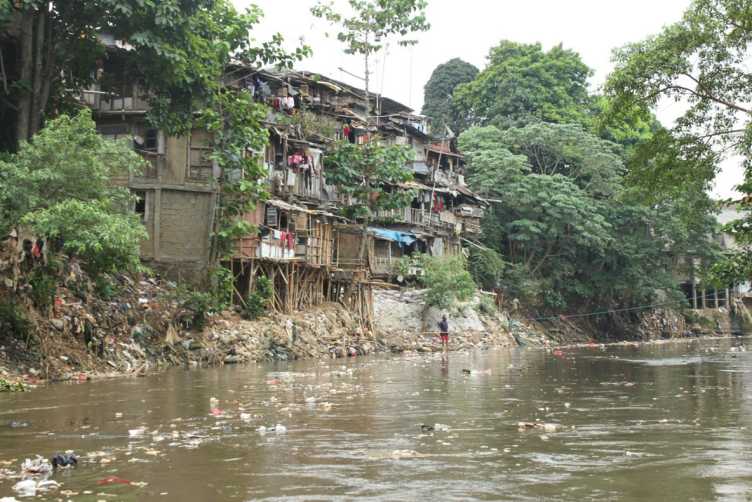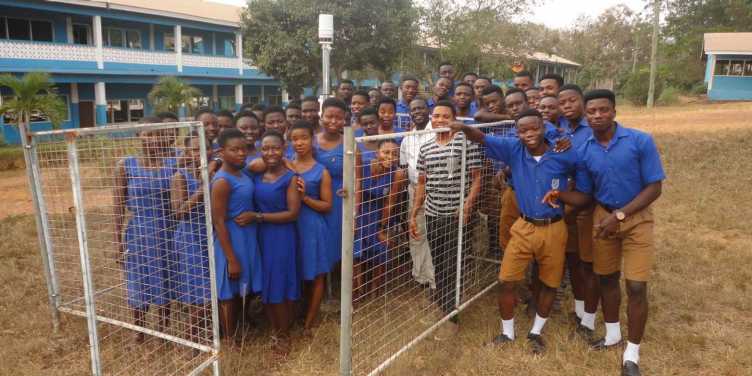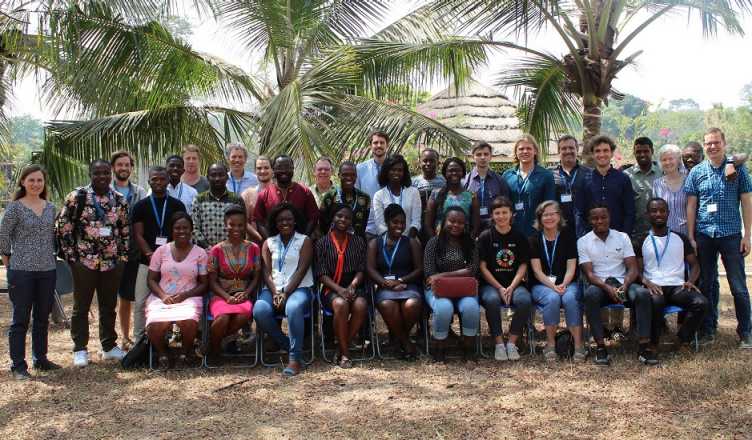Water Resources Management
Population growth, economic development and climate change increase the pressure on water resources for agriculture and human use world-wide. In the water resources management research domain we investigated sustainable water use in natural catchments and urban areas with a special focus on (a) developing physically-based modelling tools to make the right water use decisions stakeholder participatory approaches, and (b) education actions in developing countries focused on sustainability.
Water-Energy-Food Nexus

Sustainable water resources management requires an integrated and adaptive approach that explicitly addresses the water-energy-food-environment nexus from a participatory and multidisciplinary perspective. This includes social, economic, and ecologic dimensions, involves both public and private actors and is socially inclusive, enhances resource efficiency, and prevents ecosystem degradation in regions where large infrastructures exist or are being built, intensive agriculture is expanding, urbanization is increasing and climate change is challenging river basin development. In this research domain we participated in several projects towards developing a decision-analytic-framework 1) to quantitatively assess the impacts of expanding energy and food production in two case studies in the Zambezi and Omo River basins in Africa in a EU Horizon 2020 project (DAFNE); 2) to support the robust strategic planning of the river basins in a monsoonal area with respect to future changes in water availability and demands in a SNSF project (REBECCA) in the Red River basin in Vietnam; and 3) participating in an EU Horizon 2020 project aimed at understanding challenges and solutions, to address the WEFE nexus across scales from global and continental to basin and local scales, including across-scale feedbacks (GoNEXUS).
GoNEXUS
Urban Water Ecosystem

The urban environment is particularly sensitive to hydroclimatic conditions. Rivers in urban environments serve a range of services from sewage and waste conduits to various beneficial ecosystem services. Green spaces in urban areas can cool cities and provide a liveable environment in arid climates. Within a series of projects funded by the Future Cities Lab FCL in Singapore we explored paradigms in urban river rehabilitation that combine flooding, water quality, and ecology within the realities of a rapidly growing Southeast Asian city (Jakarta, FCL CILIWUNG) and the ecosystem services that vegetation provides in tropical cities including the design of future green cities (FCL ECOSYSTEMS, BWF URBAN).
Projects:
FCL CILIWUNG
FCL ECOSYSTEMS
BWF URBAN
Science Action for Sustainable Development

The project SAS4SD developed and implemented new innovative teaching programs for high school science curricula that through interactive engagement enhance the knowledge and understanding of scientific data on climate and environmental change of youth in Africa. It was a project funded by SWISSUNIVERSITIES that aimed to translate understanding of environmental change into practical actions in high schools, and thereby to raise awareness about sustainable development goals in Africa.
Projects:
SAS4SD
Network for Water and Life

The "Network for Water and Life" (NEWAL) was a network of education and research partners in West Africa and in Switzerland. The overarching goal of NEWAL was to promote and strengthen understanding, networking and scientific exchange between Swiss and West African institutions and the interface of water and life. NEWAL provided new opportunities for cooperation and collaboration for Swiss and West Africa research and higher education institutions through data collection and sharing, exchange events, and the facilitation and validation of e-tools in real-world settings. The Chair was a key partner in the network, supporting both research and teaching activities.
Projects:
external page NEWAL